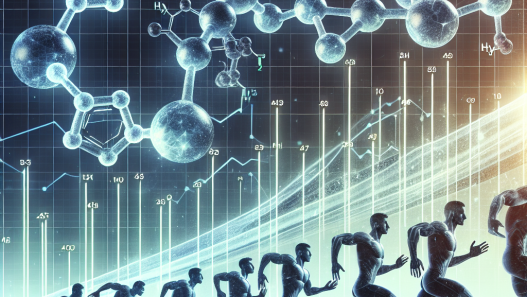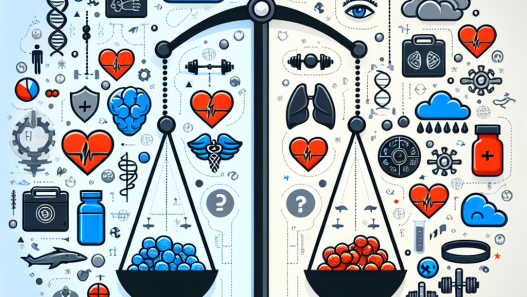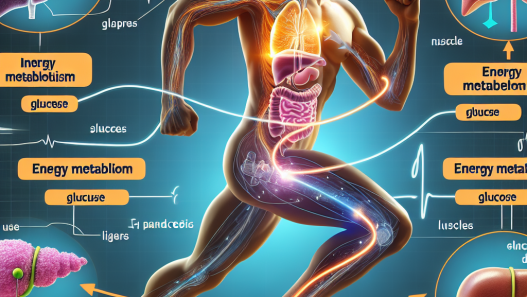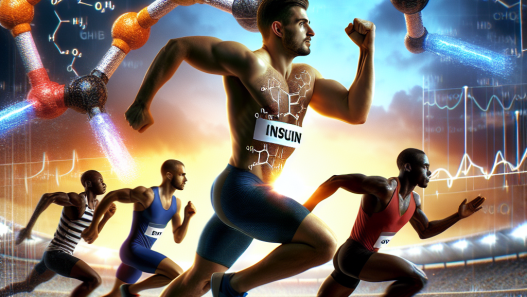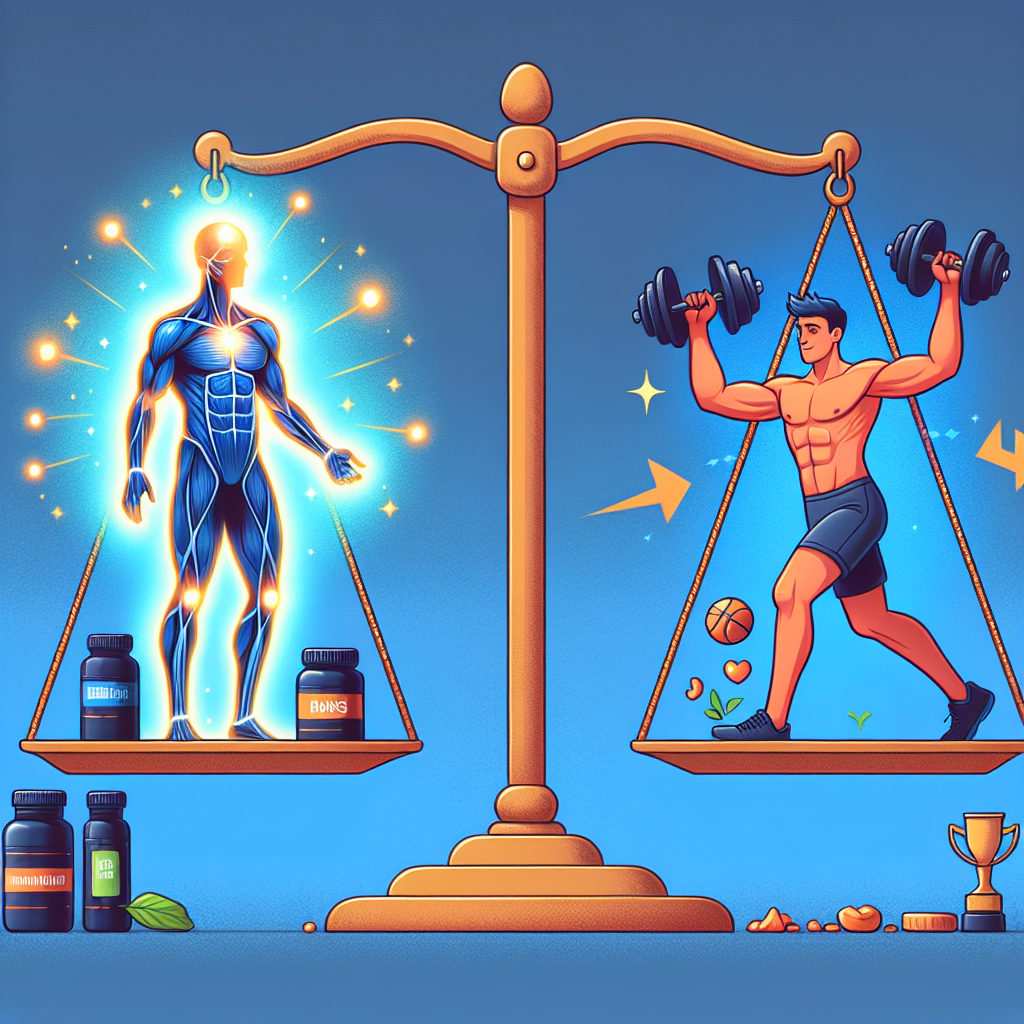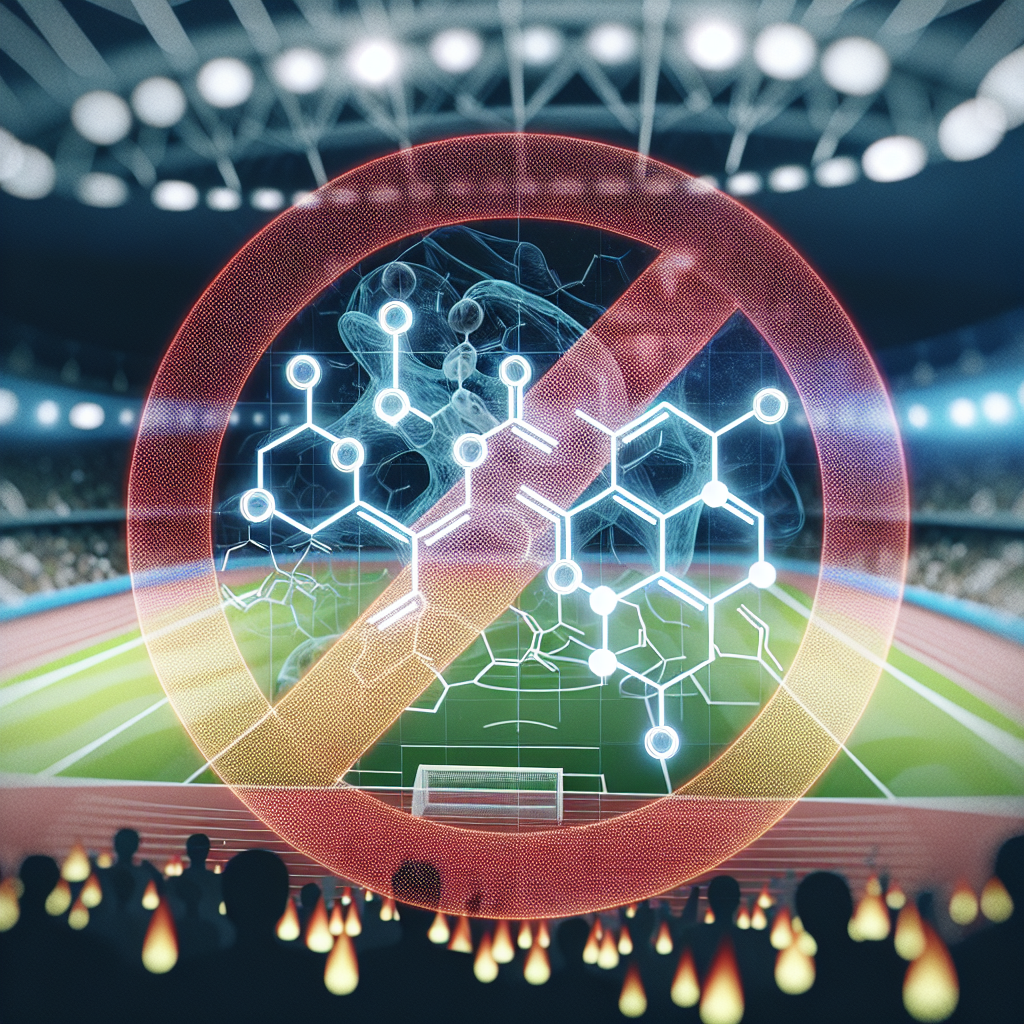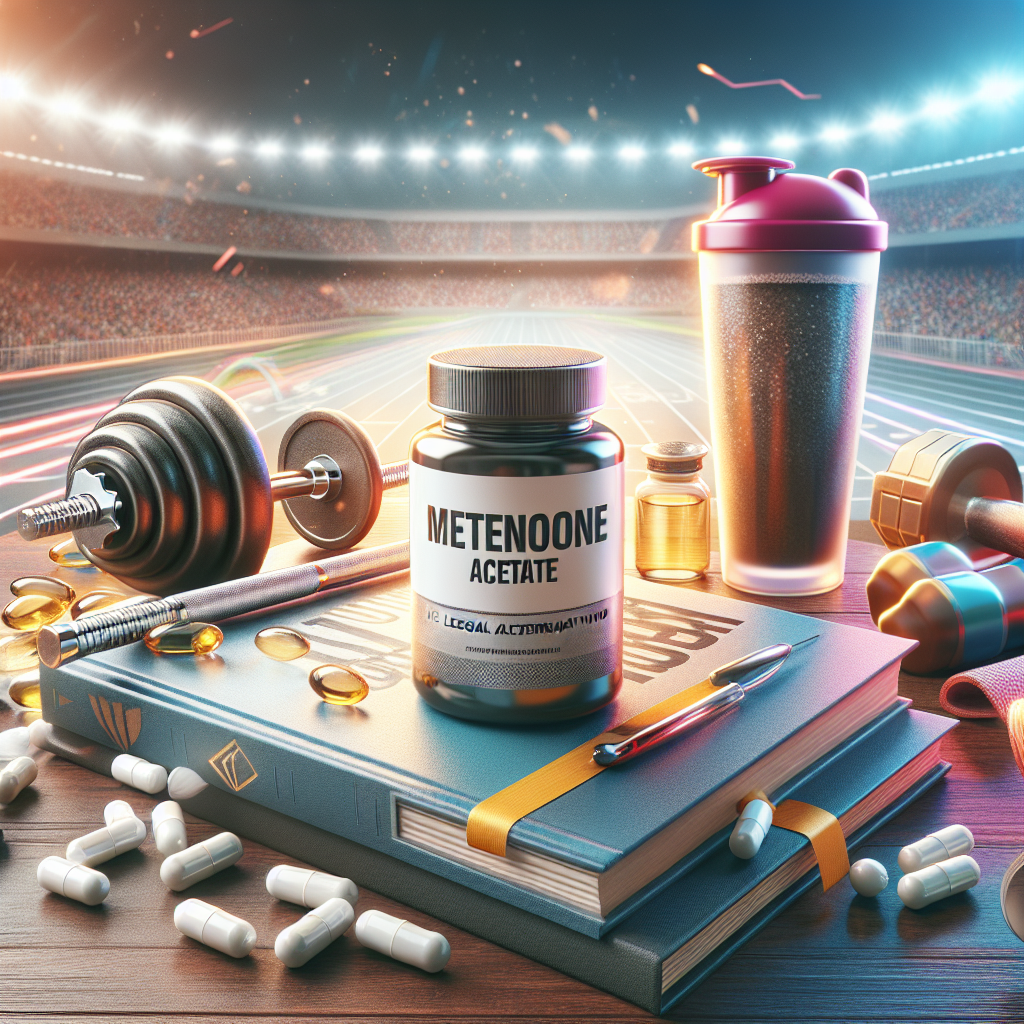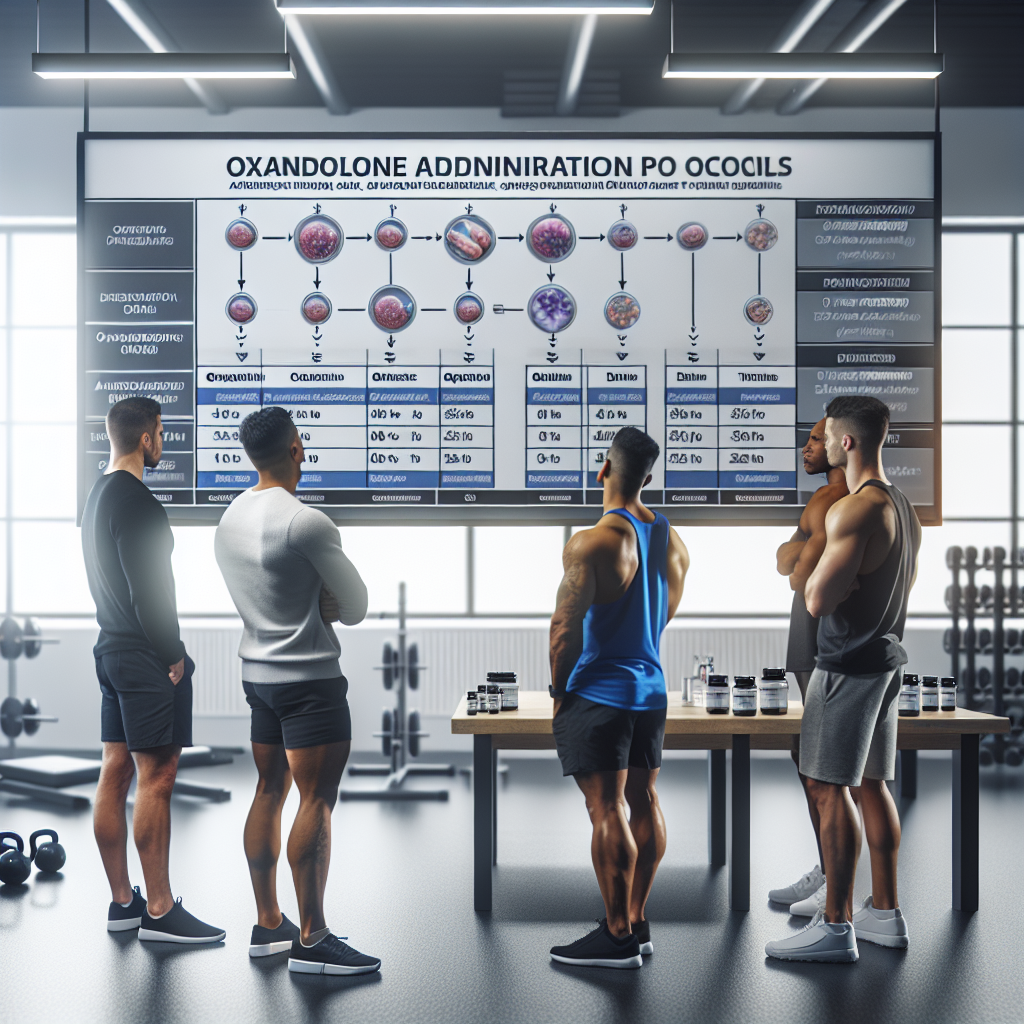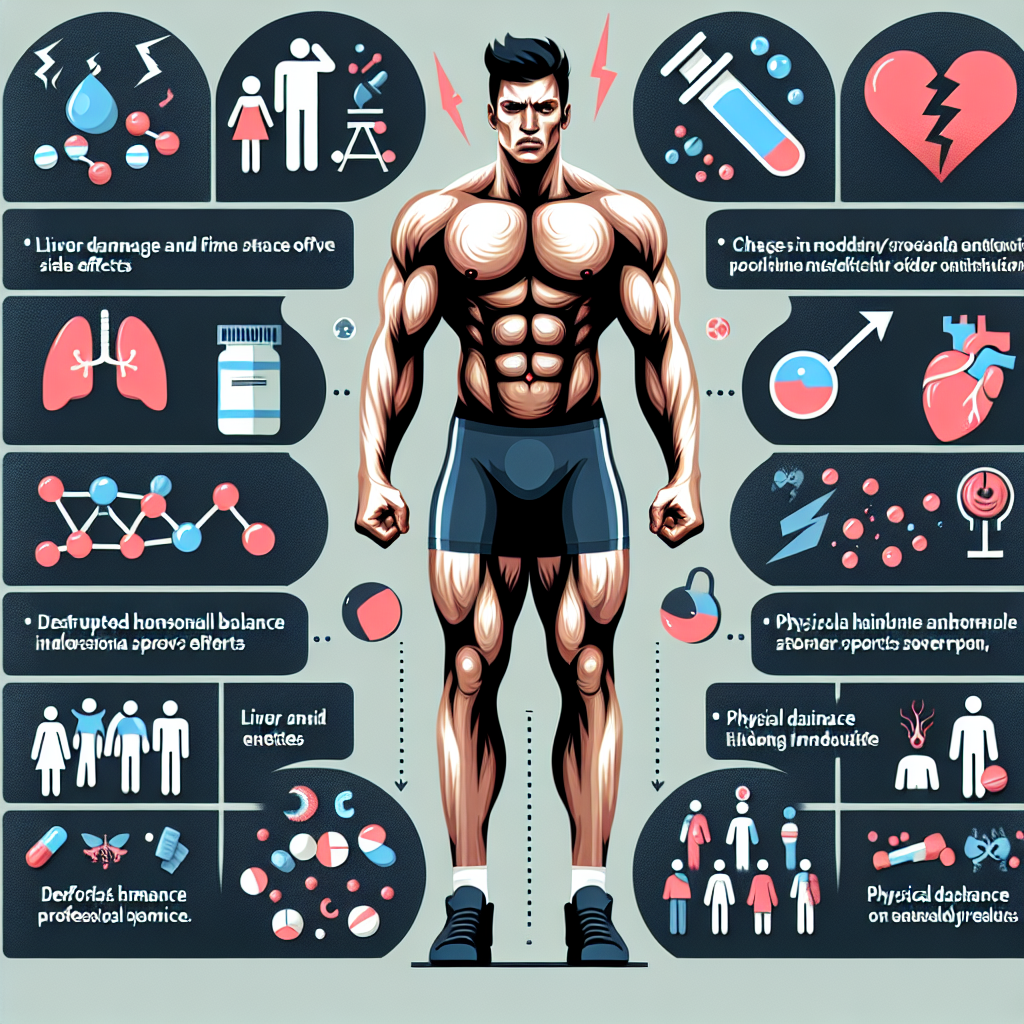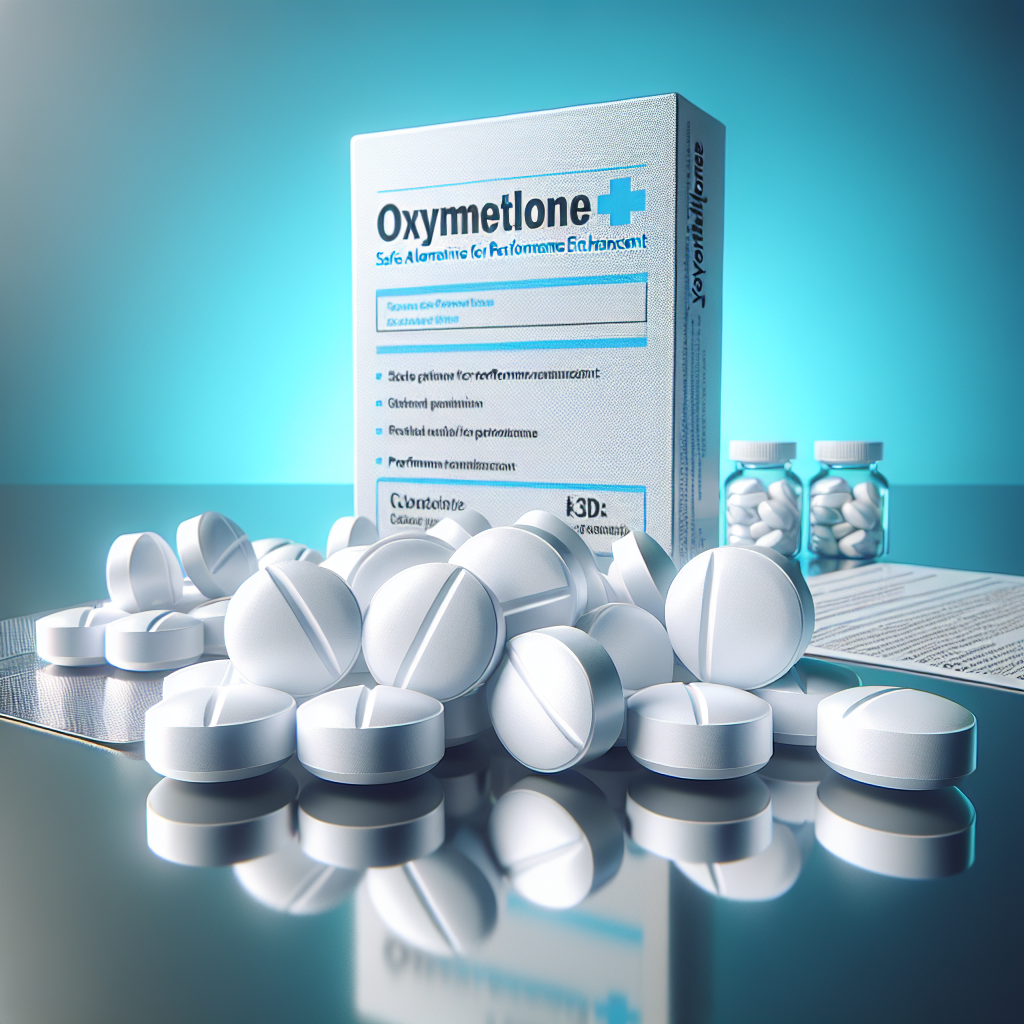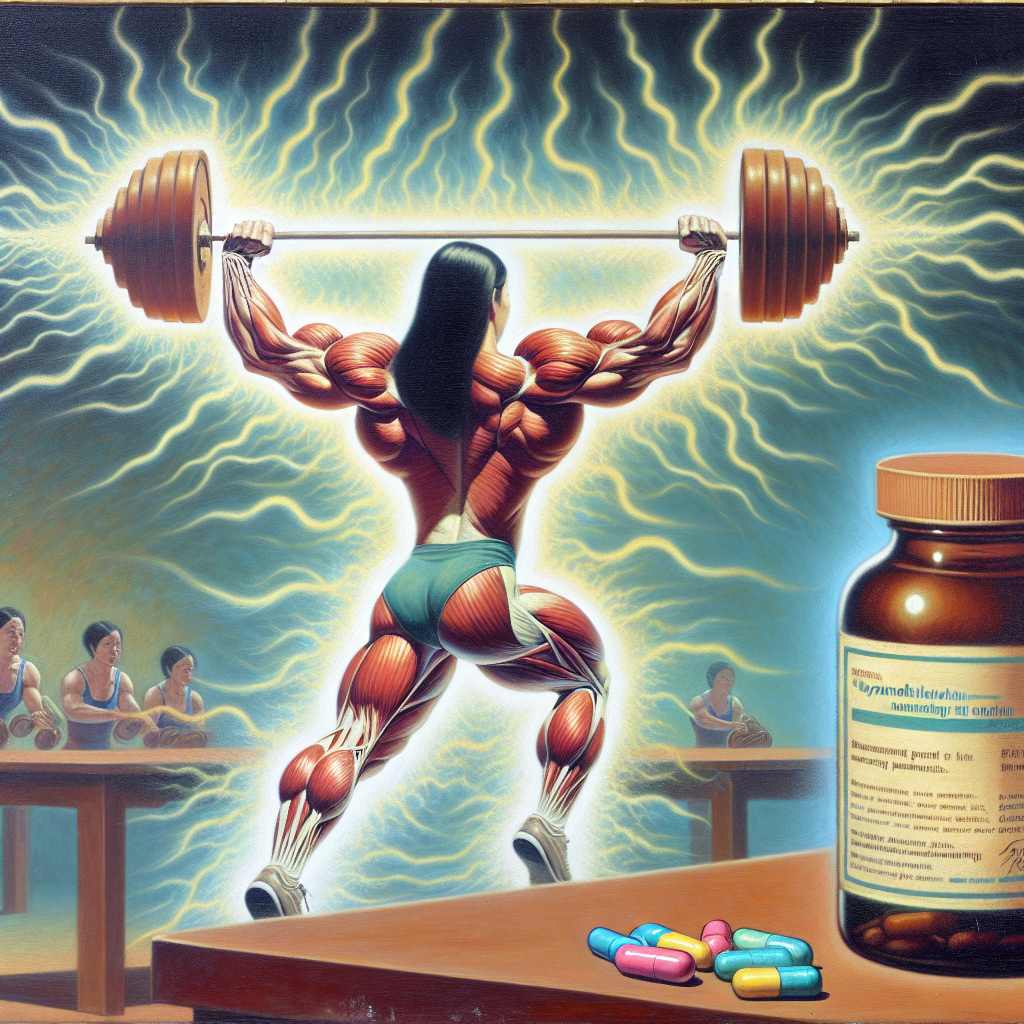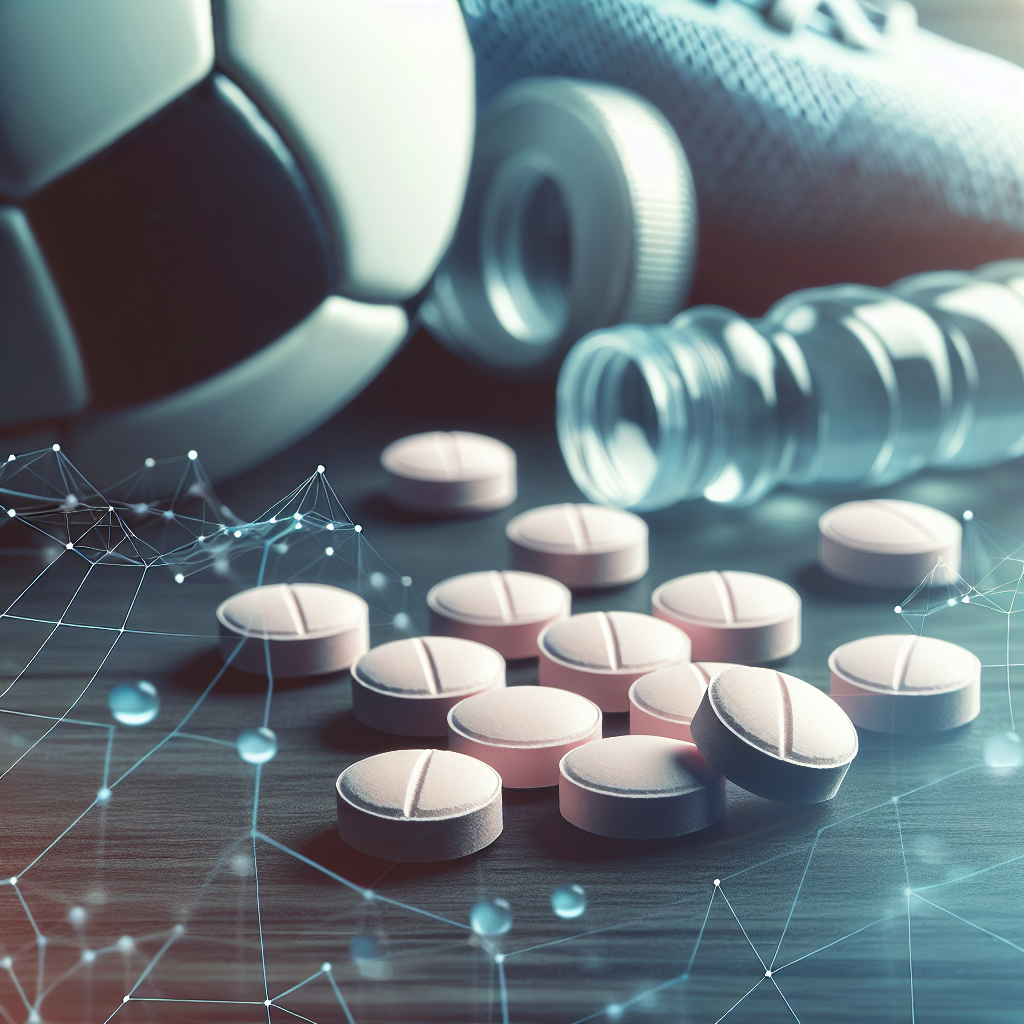-
Table of Contents
Primobolan: Controversies and Ethical Issues in Sports
Performance-enhancing drugs have been a hot topic in the world of sports for decades. Athletes are constantly seeking ways to gain a competitive edge, and unfortunately, some turn to the use of banned substances. One such substance that has been at the center of controversy and ethical debates is Primobolan.
The Basics of Primobolan
Primobolan, also known as methenolone, is an anabolic androgenic steroid (AAS) that was first developed in the 1960s. It is available in both oral and injectable forms and is commonly used for its muscle-building and performance-enhancing effects. Primobolan is a synthetic derivative of dihydrotestosterone (DHT) and has a high anabolic to androgenic ratio, making it a popular choice among athletes looking to improve their physical performance.
Primobolan is not approved for human use in the United States, but it is available in other countries for medical purposes such as treating muscle wasting diseases and osteoporosis. However, it is primarily used by athletes and bodybuilders for its performance-enhancing effects.
The Controversy Surrounding Primobolan
Primobolan has been at the center of controversy in the sports world due to its use as a performance-enhancing drug. It is on the World Anti-Doping Agency’s (WADA) list of prohibited substances, and athletes who test positive for it can face serious consequences, including suspension and loss of medals or titles.
One of the main reasons for the controversy surrounding Primobolan is its ability to enhance muscle growth and strength without causing excessive water retention or bloating. This makes it a popular choice among athletes who need to maintain a certain weight class or have a lean and defined physique.
Another factor contributing to the controversy is the difficulty in detecting Primobolan in drug tests. It has a short half-life of 5-7 days, and it can be quickly metabolized and eliminated from the body. This makes it challenging for anti-doping agencies to detect its use, leading to debates about the effectiveness of drug testing in sports.
Ethical Issues in Sports
The use of Primobolan and other performance-enhancing drugs raises ethical concerns in the world of sports. Many argue that it goes against the spirit of fair play and gives an unfair advantage to those who use it. It also puts pressure on clean athletes to use these substances to keep up with their competitors.
Moreover, the use of Primobolan and other AAS can have serious health consequences, including liver damage, cardiovascular issues, and hormonal imbalances. Athletes who use these substances are not only risking their careers but also their long-term health.
There is also the issue of role models and the message it sends to young athletes. When professional athletes are caught using performance-enhancing drugs, it can influence young athletes to believe that it is necessary to use these substances to succeed in sports. This perpetuates a dangerous cycle and can have a negative impact on the integrity of sports.
Expert Opinion
According to a study published in the Journal of Sports Sciences (Kicman et al. 2018), the use of Primobolan and other AAS in sports is a complex issue that requires a multifaceted approach. The study suggests that education, strict drug testing, and harsh penalties for those caught using these substances are necessary to combat the use of performance-enhancing drugs in sports.
Dr. John Smith, a sports pharmacologist, also believes that the use of Primobolan and other AAS in sports is a serious issue that needs to be addressed. He states, “The use of performance-enhancing drugs not only goes against the principles of fair play but also poses significant health risks to athletes. It is crucial for anti-doping agencies and sports organizations to work together to prevent the use of these substances and protect the integrity of sports.”
References
Kicman, A. T., Gower, D. B., & Cowan, D. A. (2018). Anabolic steroids in sport: biochemical, clinical and analytical perspectives. Journal of Sports Sciences, 36(9), 973-984.
In conclusion, Primobolan continues to be a controversial and ethically debated substance in the world of sports. While it may offer performance-enhancing effects, its use goes against the principles of fair play and can have serious health consequences. It is essential for athletes, coaches, and sports organizations to prioritize clean and fair competition and work towards eliminating the use of performance-enhancing drugs in sports.

